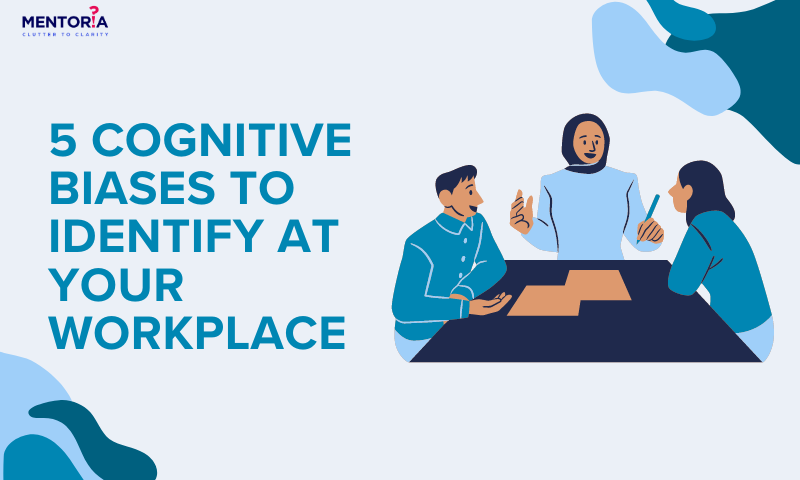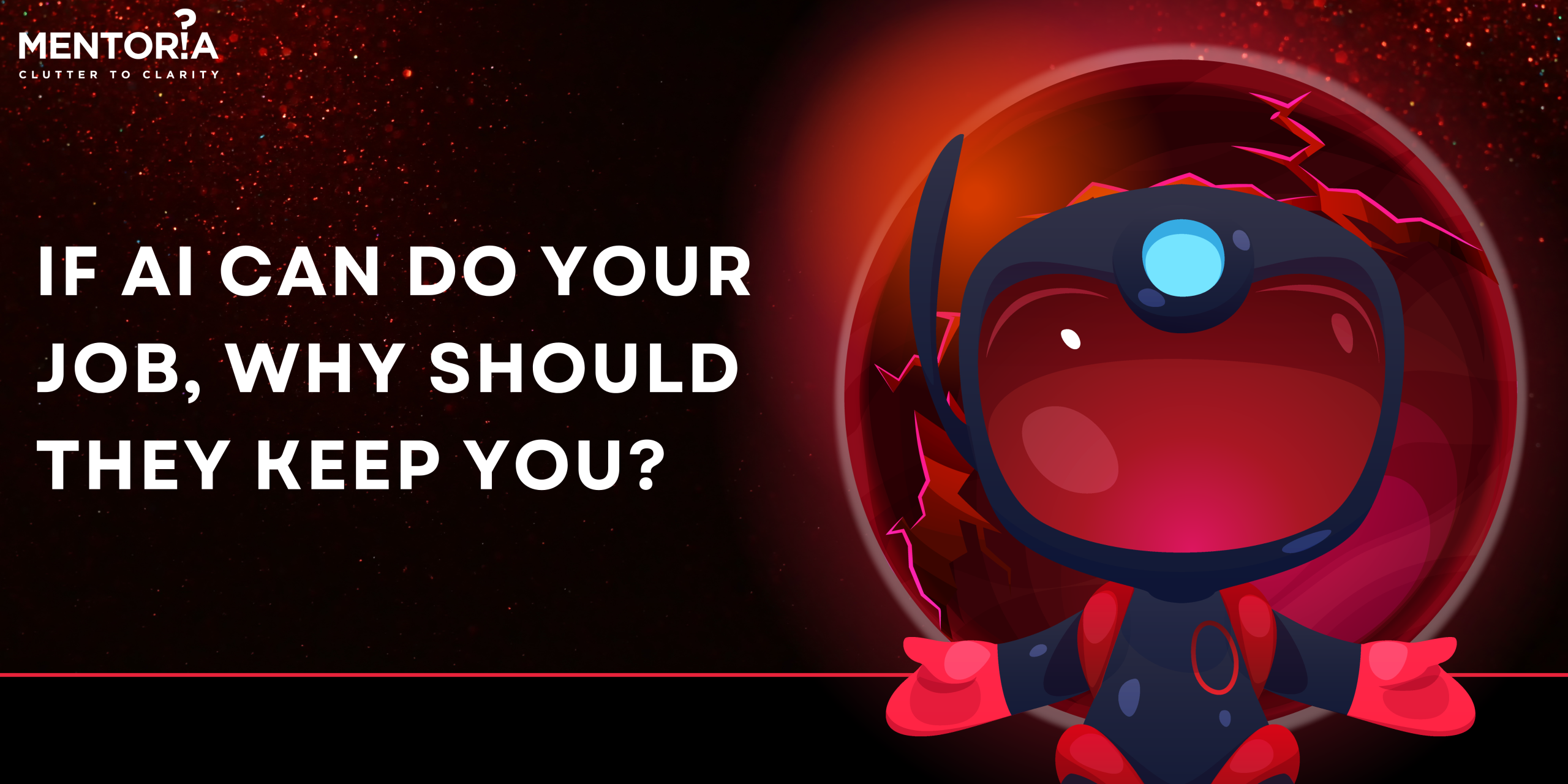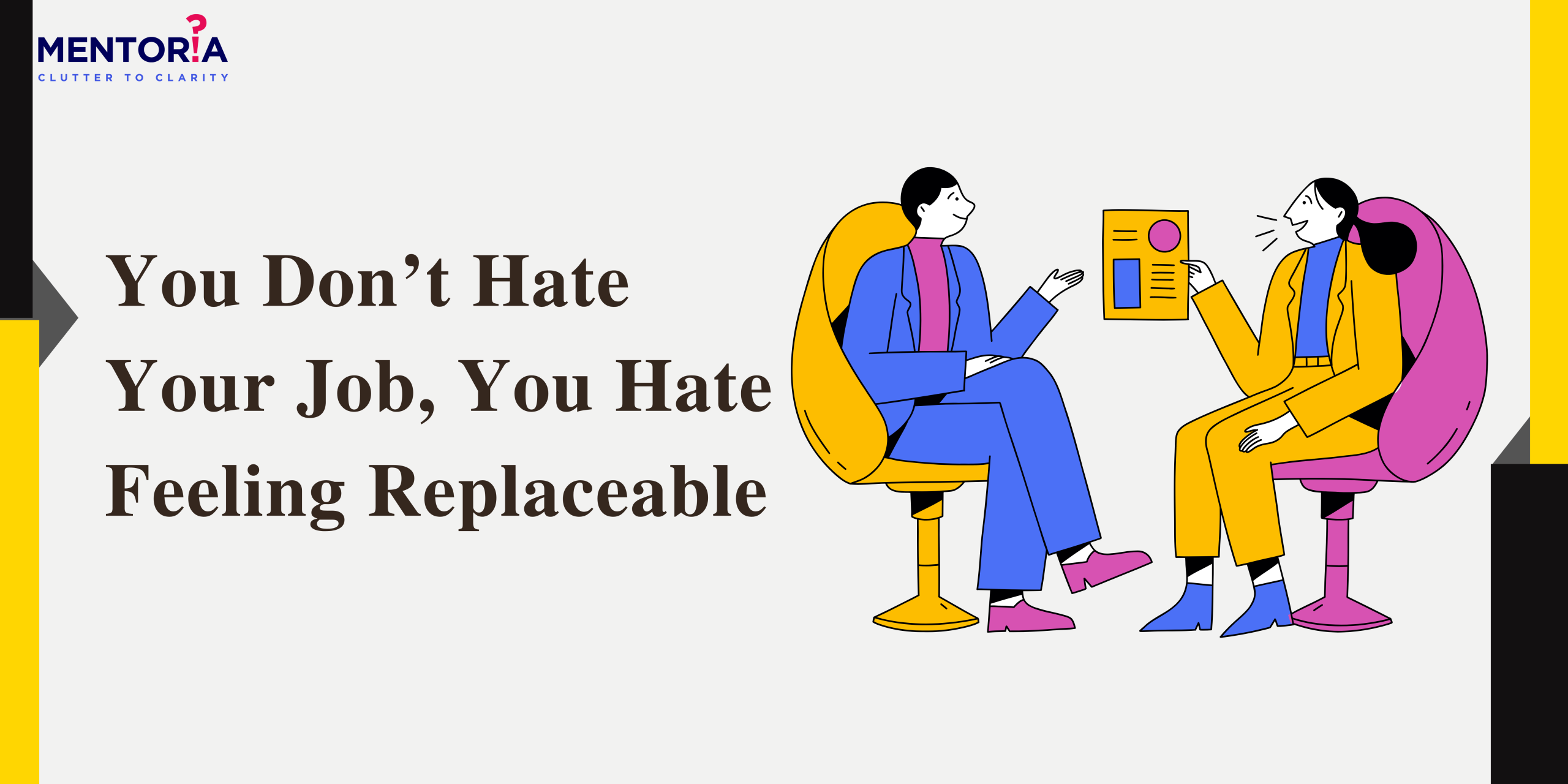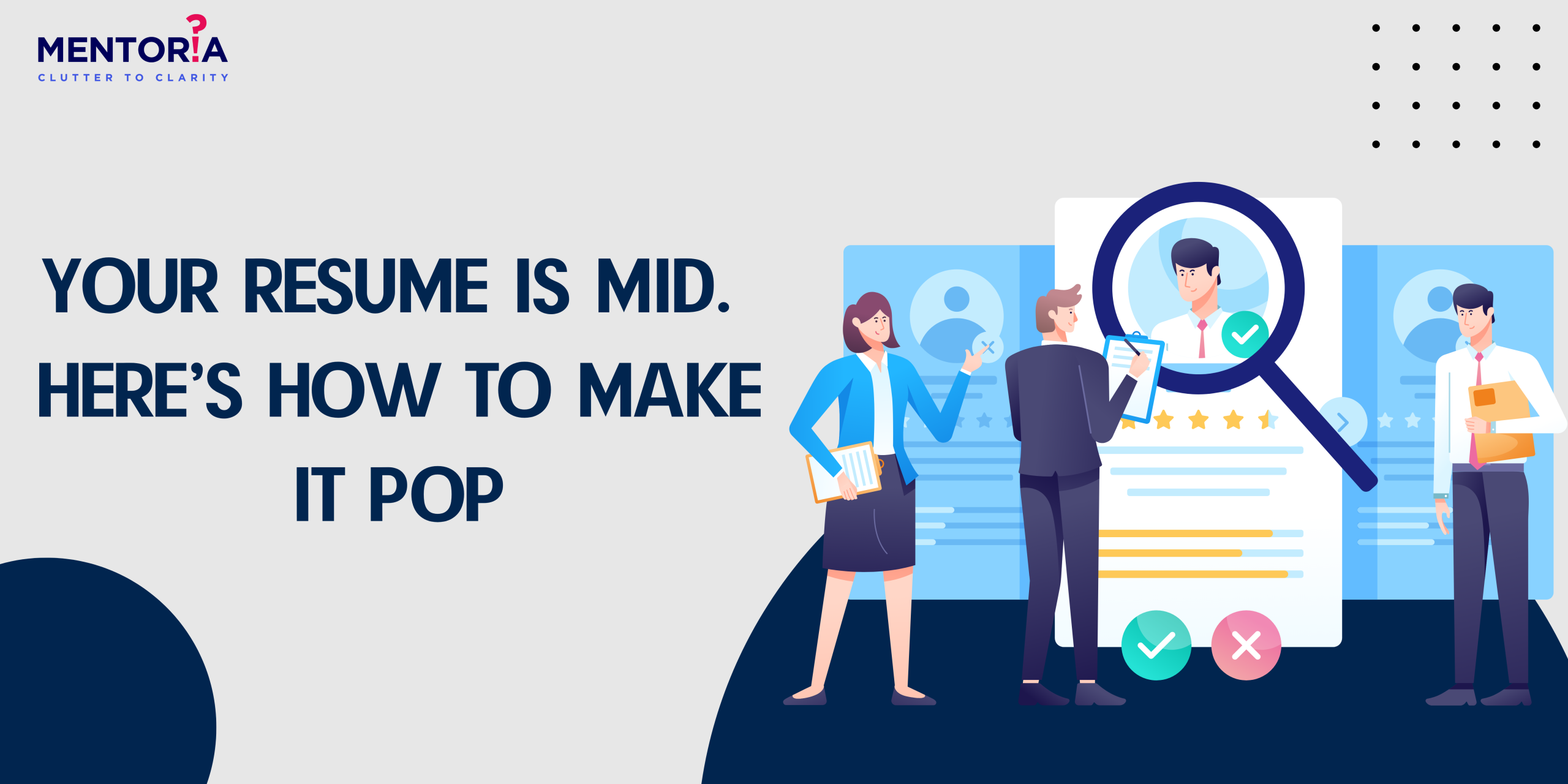5 Cognitive Biases To Identify At Your Workplace

Have you ever realised that when you think everyone else is unorganised and sluggish if they are running late, you always have a really good reason for showing up late for work? And how many times have you sighed, “I knew it!” when your team decided that this solution was better than that?
If you’re familiar with these situations, that means that you are, like the rest of the world, prone to cognitive biases
If you spend even a little time learning about psychology, you’ll soon come to the conclusion that the human brain is an absolute wreck. Although it seems like we have a fairly complete understanding of the world, the reality is more complicated.
It’s far too simple to think you’re always being objective. But the truth is that humans are really irrational beings.
Understanding Cognitive Biases
Cognitive bias is a concept that psychologists Amos Tversky and Daniel Kahneman first used to demonstrate how people’s flawed thought processes may lead to poor decisions and conclusions.
Cognitive biases are a result of our brains’ attempts to rationalise information processing, to put it simply. But don’t get me wrong—this minimalist principle is more than essential. Plus, the fact that bias is multifaceted makes it challenging to address, particularly at work. Because the human brain may interpret information incorrectly, fall victim to prejudice, and make a variety of other mistakes. And because they may be so disruptive, cognitive biases may lead to common problems with mental health. It is essential to recognise cognitive biases and how they impact us if we are to have a successful, happy workplace.
Identifying These 6 Cognitive Biases At Work
The Fundamental Attribution Error
Let’s say Karen is late for work, and you perhaps eavesdropped on her conversation with HR stating her reasons for showing up late. You might think, “Pfft, she always has a list of reasons on the go.”
Now let’s say your car broke down while you were commuting to your office. You arrive ten minutes late, and you find yourself in the same position Karen was yesterday, but you have a valid reason to give since your car broke down.
It’s quite common to find ourselves in this position where we make snap judgments about people for their situation, but it seems fair for you to say “Hey, my car broke down, I couldn’t help it”.
This bias is more aligned with the Self-serving bias, where we are inclined to attribute positive outcomes to our own character and negative outcomes to external factors.
The Halo Effect
The halo effect happens when we instinctively assume good things about someone based on their positive characteristics that we perceive. In particular, all of our following impressions of a person are influenced by our initial impression of them.
We are, in a sense, giving them “a halo” that shields us from seeing their imperfections.
For instance, if we find out that our new coworker is friends with a renowned businessman in the country, we can label them with a variety of admirable traits. Although it isn’t always the case, we could believe that they are wiser or more capable than we are.
We may not see that person’s real traits—might be being too nosy or lazy—because of our initial impression and the halo effect.
The Dunning-Kruger Effect
This type of bias is usually seen in novices and professionals at the workplaces. You might remember how it felt like you’re doing so great at work that you think you know-it-all, only to realise it was just a quick progression curve. Sometimes, you’d be so overconfident as a novice who just started out at the workplace, or as an expert, your confidence goes for a toss because you think that there’s so much you don’t know yet.
So, the Dunning-Kruger effect happens when people overestimate their knowledge or ability in a particular skill or field because they lack self-awareness. Or, to put it another way, their view of their own capabilities is quiet on the contrary to the truth.
You probably identify that one employee in your organisation who never asks for opinions from others since they are always so confident in their abilities to complete any task. They’re not really excellent at everything, though. The Dunning-Kruger effect personifies that individual pretty well.
We’re sorry, but these folks are notoriously tough to deal with and communicate with.
The Curse Of Knowledge
In a workplace sitting where we’re surrounded by like-minded people, we believe that everyone knows the same things we do. Like that trainee at work who just can’t seem to figure out how much milk is too much when it comes to making coffee. Or let’s say there was a time when you were young and your mother ticked your forehead with a pencil because you struggled with 2×2 equals 4!
You see, it’s more like an illusion that lets you believe that just because you know a simple two’s table or you know how to brew the perfect coffee, you’d tend to expect the same from people around you.
The curse of knowledge is a cognitive bias that develops when someone believes that everyone is equally knowledgeable about a certain topic.
The biassed individual struggles to recall what it was like before they knew anything. When we become experts in a subject, we develop an increasing obsession with the specifics and complexities of something in particular. We begin to forget how things were precisely at that point when we were ignorant of what we now know.
And sadly, their own knowledge has cursed them.
The Availability Bias
We often tend to make snap judgments about the most recent information you receive. Say, for instance, you just read the news headline which said that there was a plane crash two days ago. Your brain would automatically assume that flight tickets would now be cheaper than it was, at least till when the news dies down.
The tendency for us to think that the information that comes to mind easily is more significant than information that comes to mind more slowly is known as availability bias.
Let’s say you’ve recently heard of several layoffs in the coming months. You don’t need to be concerned since you do your job well. But because it’s so recent, you could have nightmares about losing your job because of this knowledge.
Due to this cognitive bias, we fail to see the larger picture, which is that we are reliable employees who don’t need to worry about losing our jobs. Instead, we assume in error that this news affects us.
So, What Next?
There are several cognitive biases that couldn’t fit in this blog, but these were the most common biases you, as an employee should look out for. If you feel like you’re one among the people in such situations or notice this pattern in your workplace and have no idea how to tackle it, Mentoria is here to help.
We don’t just offer career guidance and counselling; our holistic employee wellness programs by our top experts can help you make your workplace a thriving one, and focus on tackling such cognitive biases and improve efficiency and productivity in ways you’d be surprised by.
We’re just a phone call away, or you could email us at info@mentoria.com to get your session booked with us. Together, let’s break down the bias and build up the workplace spirit!









